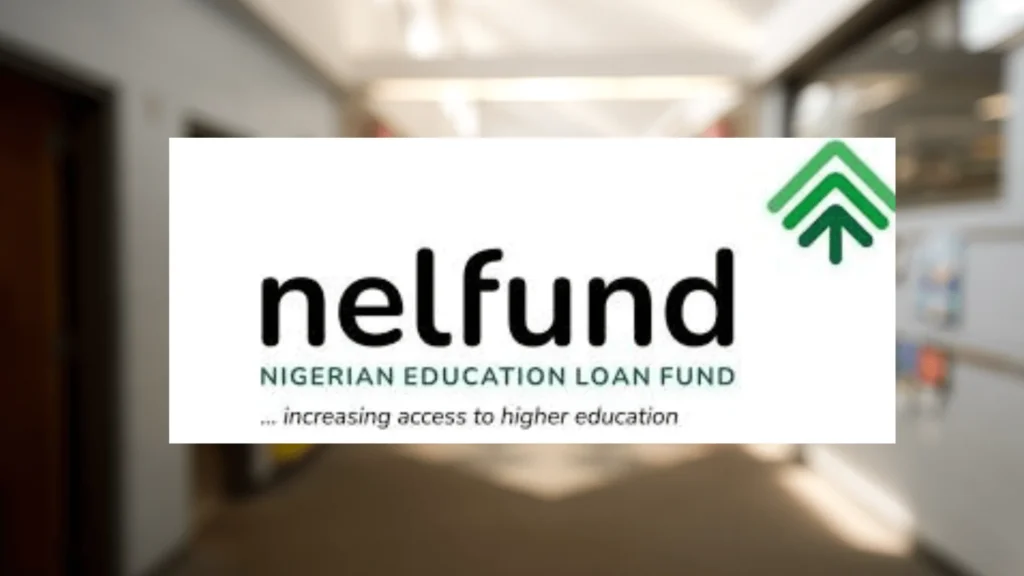In a landmark move to improve educational access and affordability, the Nigerian government officially launched the Nigerian Education Loan Fund (NELFUND) in April 2024. This development follows the initial legislative groundwork laid during the 2022–2023 cycle, making NELFUND one of the most notable education policy milestones in recent years.
NELFUND is designed to provide interest-free loans to students in federal tertiary institutions, including universities, polytechnics, and colleges of education. The fund aims to reduce the financial burden on students and their families, especially in the face of rising tuition and living costs.
Background and Legislative Journey
Although the law establishing NELFUND was passed in the 2022–2023 period under former President Muhammadu Buhari, its implementation only began after President Bola Tinubu signed off on its activation in April 2024. The law seeks to institutionalize educational financing support through a structured and sustainable student loan program.
The policy reflects a growing recognition of the importance of education financing in solving Nigeria’s long-standing issues around access, retention, and equity in higher education.

How the Loan Scheme Works
According to the implementation plan, eligible students enrolled in federal higher institutions can now apply for loans through a digital platform developed by NELFUND. The loans are interest-free and repayable only after the beneficiary secures employment and earns a minimum income threshold.
Key features of the program include:
-
Eligibility Criteria: Students must be Nigerian citizens, enrolled full-time in a federal tertiary institution, and show evidence of financial need.
-
Loan Disbursement: Funds will be transferred directly to the student’s institution to cover tuition, while allowances for living expenses may also be provided.
-
Repayment Plan: Repayment begins two years after graduation, only if the student is gainfully employed, with deductions made from their salary.
Policy Goals and Expected Impact
The launch of NELFUND is part of the government’s broader agenda to boost human capital development and address the rising dropout rates in tertiary institutions caused by economic hardship. The scheme aims to:
-
Increase enrollment in higher education
-
Improve graduation rates
-
Promote equity by prioritizing students from low-income backgrounds
-
Encourage pursuit of STEM courses essential to national growth
By offering a reliable financing option, the fund is expected to ease the financial pressures that often force students to abandon their education midway.
Challenges Ahead
Despite its potential, several concerns remain. Critics have raised questions about the exclusion of students from state-owned and private institutions in the current phase. Moreover, some observers worry about how the government will ensure long-term sustainability, especially given Nigeria’s economic volatility and limited budget for education.
There is also the issue of unemployment, which could delay repayment and strain the fund’s continuity. Transparency in disbursement, accountability in fund management, and efficient monitoring mechanisms will be crucial to addressing these challenges.
A Step Forward, But More Still Needed
While the rollout of NELFUND is a commendable advancement in education policy, experts stress that it must be complemented by broader reforms. Increased public investment in tertiary education infrastructure, teacher quality, research development, and curriculum modernization remains essential.
Expanding the fund to cover vocational and technical education, as well as students in state and private institutions, will be necessary for nationwide impact.
In summary, the official activation of NELFUND in 2024 represents a strengthened commitment to educational equity. If implemented effectively, it could serve as a transformative tool for thousands of young Nigerians aspiring to complete their higher education and contribute meaningfully to national development.







